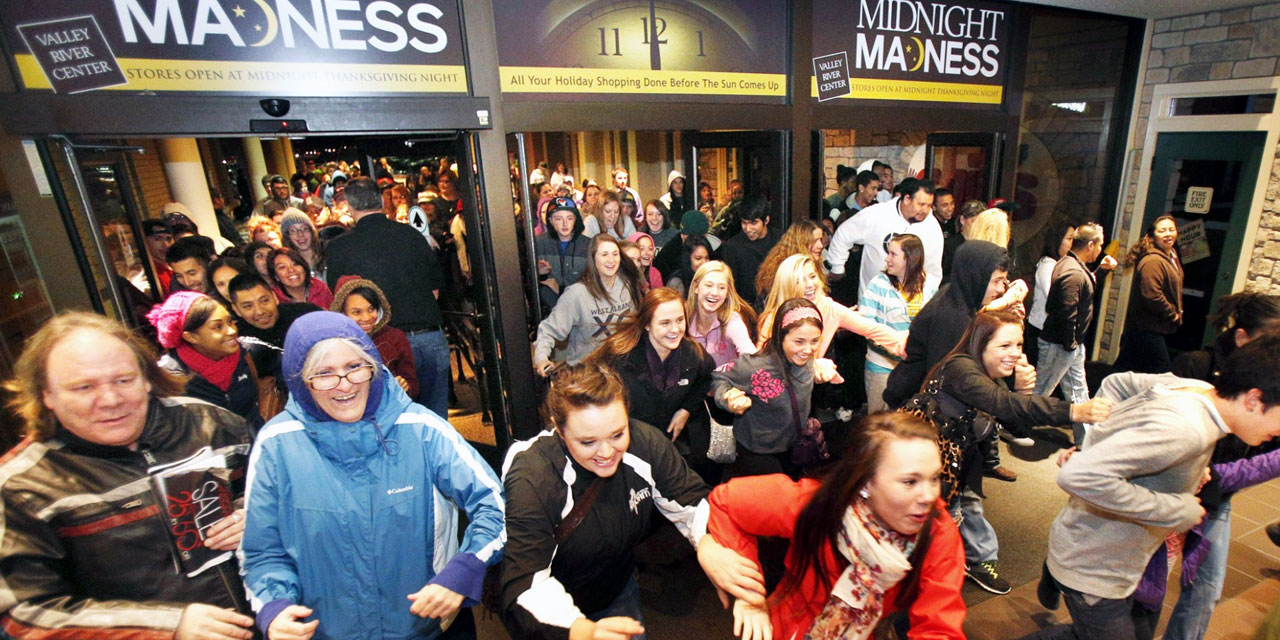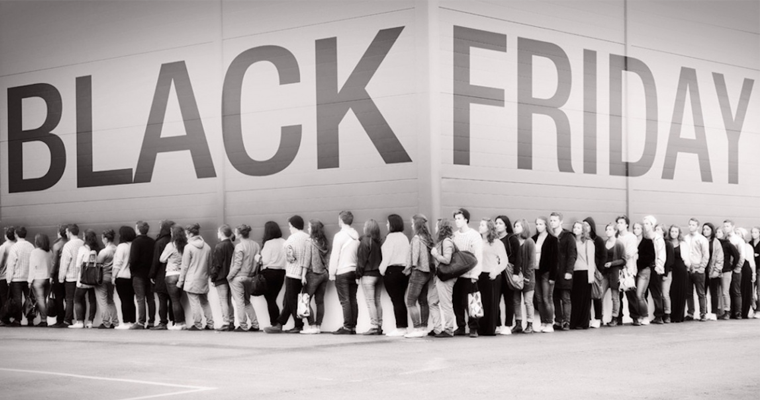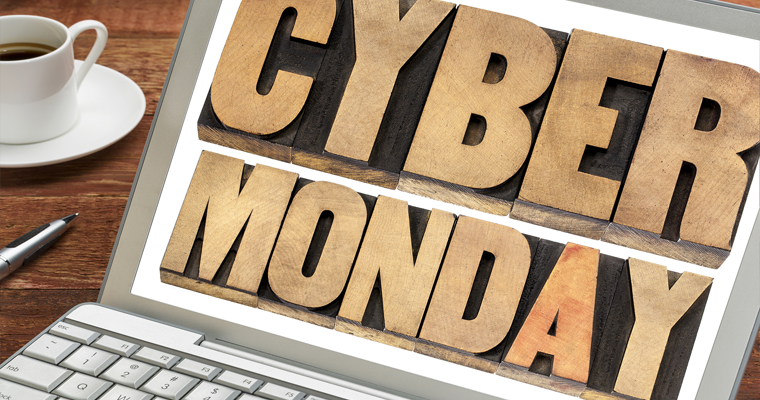Does Cyber Monday Affect Retailers?

Before Cyber Monday in 2015, The International Business Times guestimated sales from online retail outlets would jump up from 2.0 billion, to 2.4 billion in 2015. And…they did.
Now, this year, I heard on the radio that Cyber Monday deals were estimated to slide in at a cool 3 billion dollars. Yes, THREE BILLION DOLLARS. All via online outlets like Amazon, Jet.com and others.
Not surprisingly, Cyber Monday has been the biggest gutbusting online shopping day for Americans worldwide for more than half a decade now. Amazon.com easily being the biggest benefactor in all of this, but retailers and stores alike have been clamoring for a bigger slice of the pie year after year.
So, how do they do it? How can retailers fight back against Cyber Monday?
Well, they can’t. My two cents is that ‘Black Friday’ is for in-store performances and ‘Cyber Monday’ is solely for those looking to avoid the mayhem of getting up early on Friday to go shopping. And since 2008, the American economy has been on the uptick, allowing for more households to spend a higher percentage of their disposable income on material goods. Add in the bump in advertising dollars from these sales, and clients are turning to their marketing teams and agencies to produce a higher yield for the following year. Which is good for both retailers and online outlets.

Anyway, the frenzy that is known as ‘Black Friday’ has always held interest around the dinner table during Thanksgiving. The early dinner, the football, the excess dessert. It always leads us to an early night and to prepare for the next day.Black Friday.
And whether you participate or not, you’ve got to admit, Black Friday through Cyber Monday is pure madness. It’s a free for all really. An all gloves off frenzy for retailers, customers, marketers, social media mavens and more. There are no rules and truly everything goes.
So, how do brands survive? How do they get their messages out? What should customers do? Which is better?
The combination of more allowable disposable income, plus the rise in technology has allowed marketers, retailers and clients from all over the ability to get their message out instantly, in a flurry of marketing bullets. During the weekend of Black Friday, social media outlets get taken over for four days straight, so the biggest brands and retailers can assert themselves in front of a captive consumer audience. Some even have their own apps for clients to directly buy from.
It all is somewhat egotistical. Brands playing hand over hand for the open wallets of consumers, but I don’t see the trend disappearing anytime soon. As long as the American economy keeps trucking, people will line the parking lots of retail outlets at ungodly hours for years to come. All for the best pick on what they perceive the best deals to be.
So, back to the original question. Does Cyber Monday affect retailers?
My first thought is no. I’ll hold to the fact that retailers are (and always will be) dominant on Black Friday. I still think people are apt to going out and seeing the mayhem of it all. Plus, after all that time with their families, most are ready to get out and venture out into the jungles of stores at 5 A.M. or earlier.
Add in the fact that Black Friday is followed by a Saturday and Sunday full of retail shopping, I don’t think retailers have much to worry about. Cyber Monday was first coined in 2005 after an uptick of sales was noticed. And I truly believe it’s carried over by people who have to go back to work, but aren’t quite done shopping for the day.

Low prices rule 100% of the time
90% of online shoppers surveyed say low prices are most important to them. 86% say free shipping is next.
Source: National Retail Federation
Items purchased from mobile devices will vastly increase in 2016
29.6 million online shoppers will use mobile devices on Cyber Monday. A number that’s expected to significantly rise in 2016.
Source: USA TODAY research
Cyber Monday was actually Invented in 2005 (Don’t you feel OLD?!)
The term Cyber Monday was coined by the National Retail Federation’s Shop.org after retailers started noticing that online sales spiked the Monday after Thanksgiving.
Source: USA TODAY research
Sales consistently increase year after year
Cyber Monday sales have increased by $100 million each year since 2005, estimates say.
Source: International Business Times
People are shopping, not working.
95 percent of employed consumers plan to do some shopping online while at work this year.
Source: RetailMeNot
